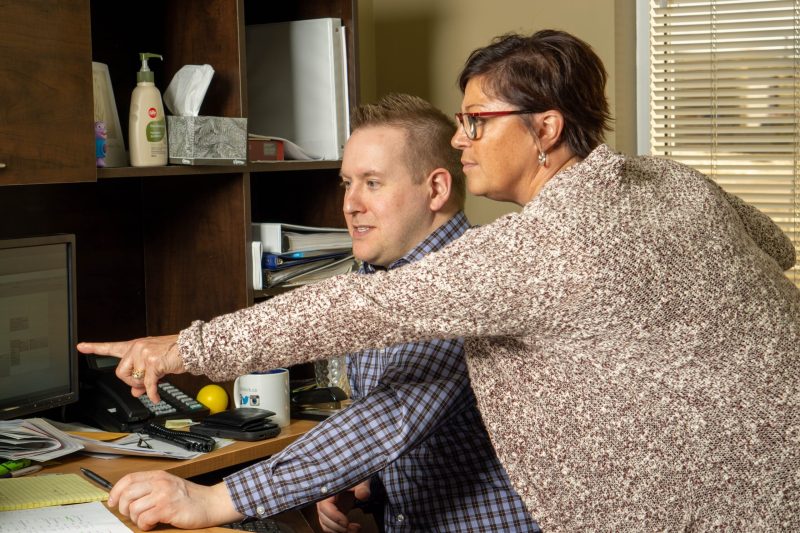A skilled labour force that's ready to work
Long-term employment and quality jobs are the norm in Selkirk. This is the result of a stable business community that fosters loyal, disciplined, and dedicated employees. With numerous quality educational institutions operating in the region, businesses can access the skill sets they need from a robust well-trained workforce. Present employers are also providing essential skill upgrades, so employees tend to stay resulting in lower turnover and increased workplace productivity.
Supporting the local economy is Selkirk’s workforce where labour demand outstrips local supply. The result is a large commuting workforce. Selkirk residents and those living within the region outside city boundaries make up a labour force of 26,000 people, with 4,800 residing locally. The 2016 Census indicated that 33% of local workers reside in the City of Selkirk, while 67% commute in daily from other jurisdictions, see Dashboard.
Employment is derived from local and regional commercial businesses, health services, industrial businesses, and various government offices. According to the 2021 Environics Analytics estimates, Selkirk residents are mostly employed in occupations in Sales and Services (23%); Trades, Transport and Equipment Operators (20%); Business, Finance and Administration (14%); and Social Science, Education, Government, and Religion (14%).
Selkirk has a diverse, experienced, and sustainable workforce with an average rate of 32,107 higher education degrees per 100,000 residents (World Council on City Data, 2019). Employers and employees have several options for local education and training. These include Red River College’s Interlake Peguis, and Fisher River campuses, Academy of Learning Career College, Herzing College, Selkirk and District Community Learning Centre, and the Manitoba Jobs and Skills Development Centre, see Incentives and Support section for more information about workforce development.
For more information about Selkirk’s workforce, please go to Data and maps.




